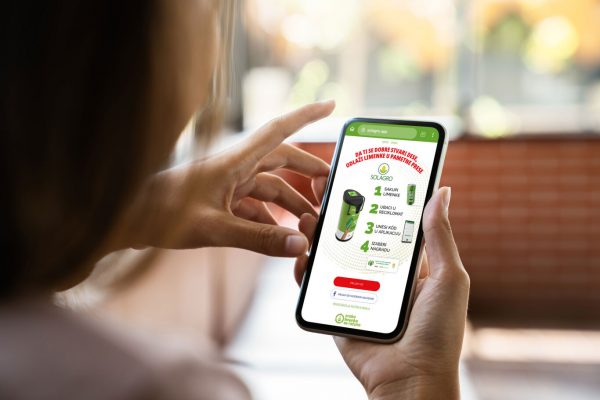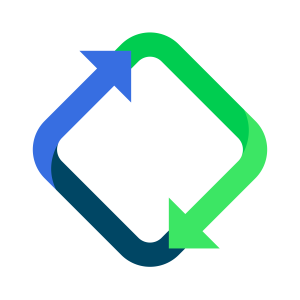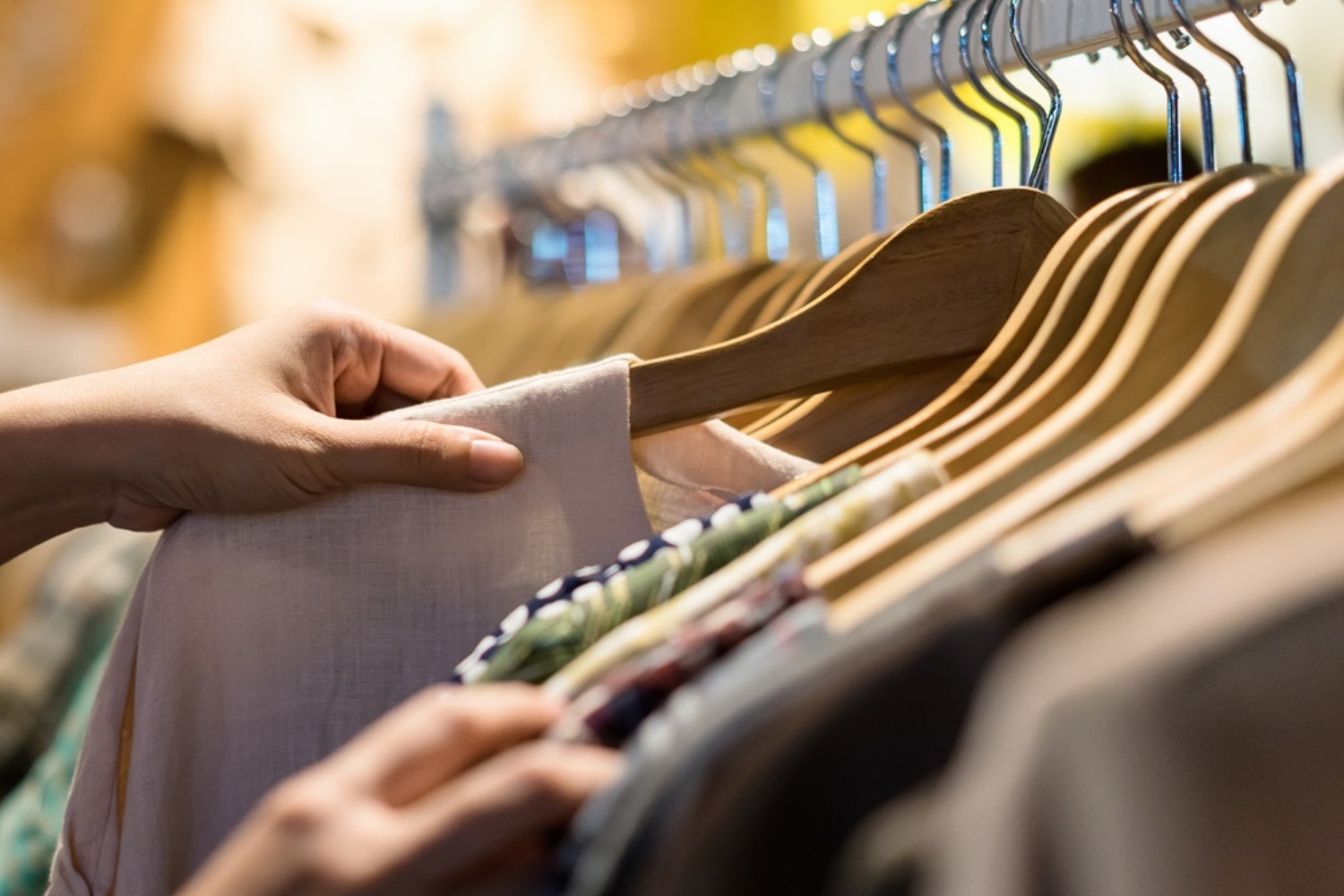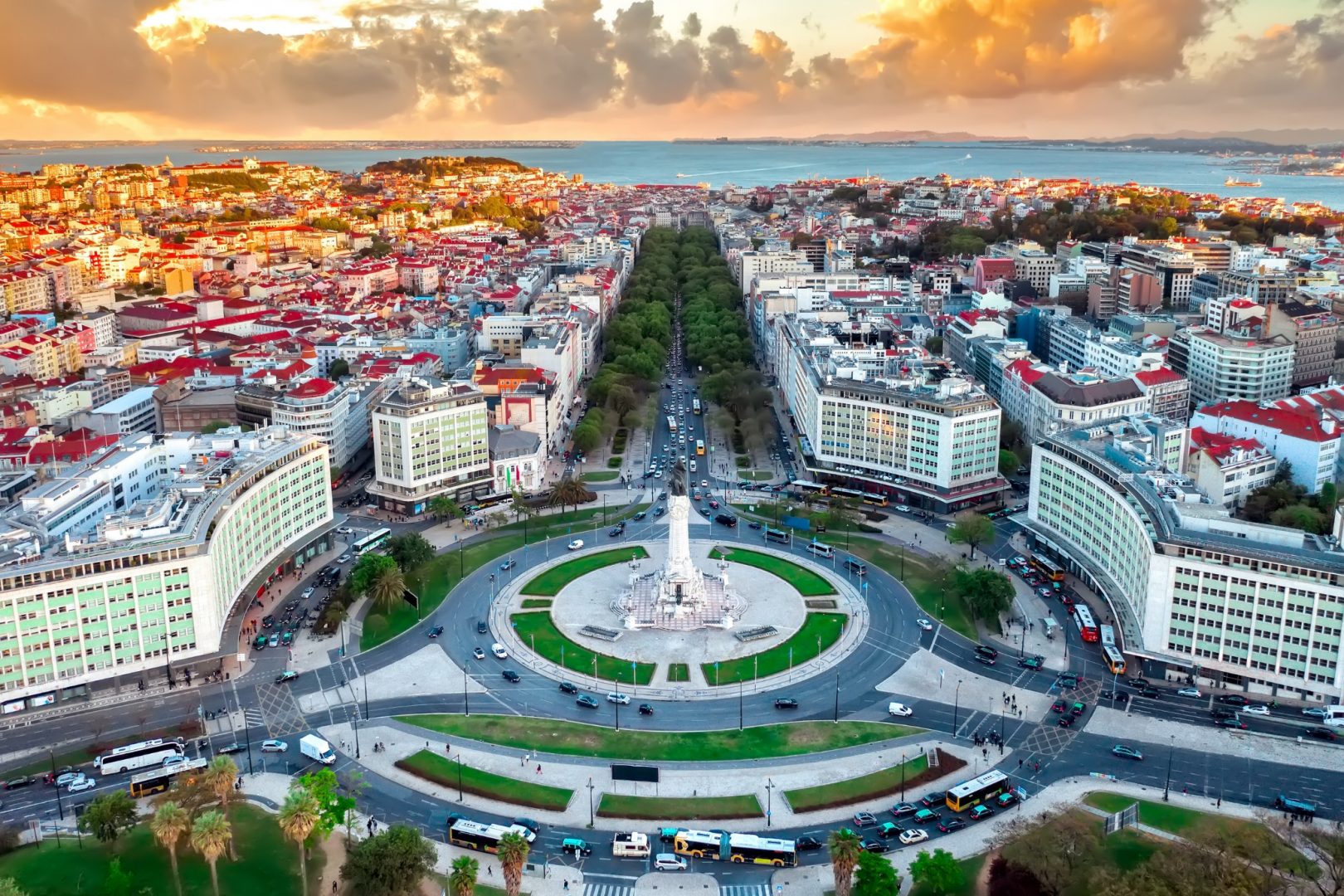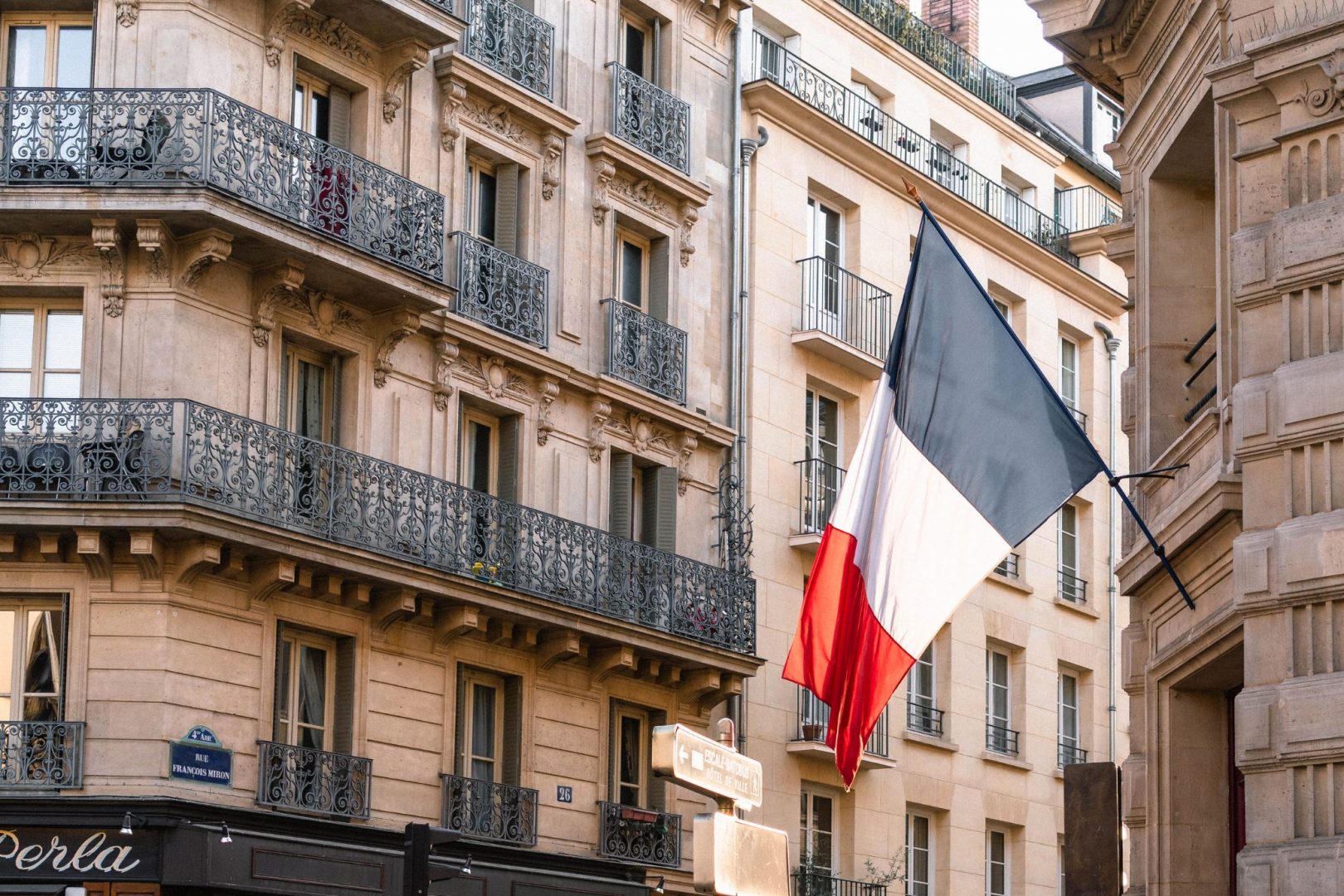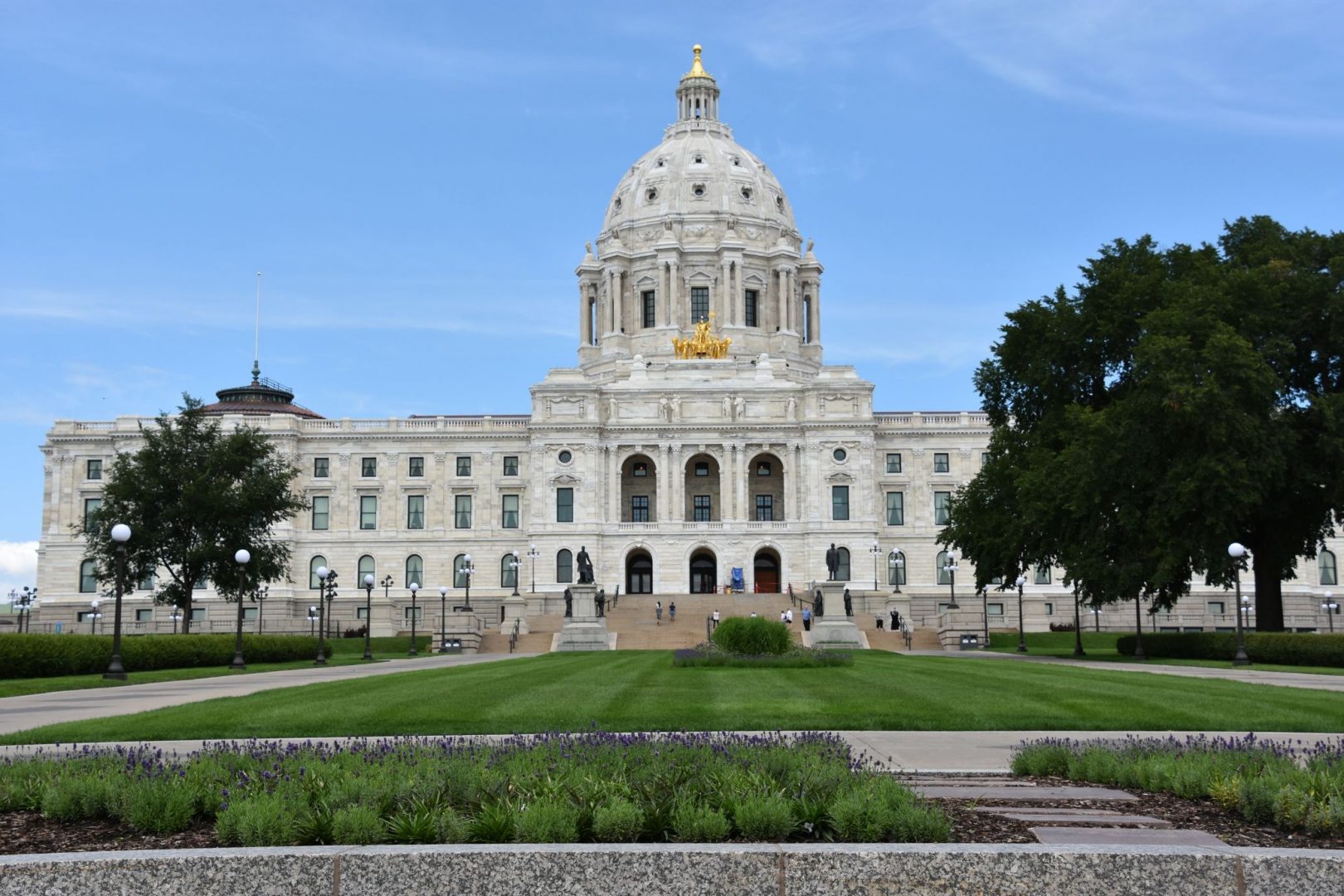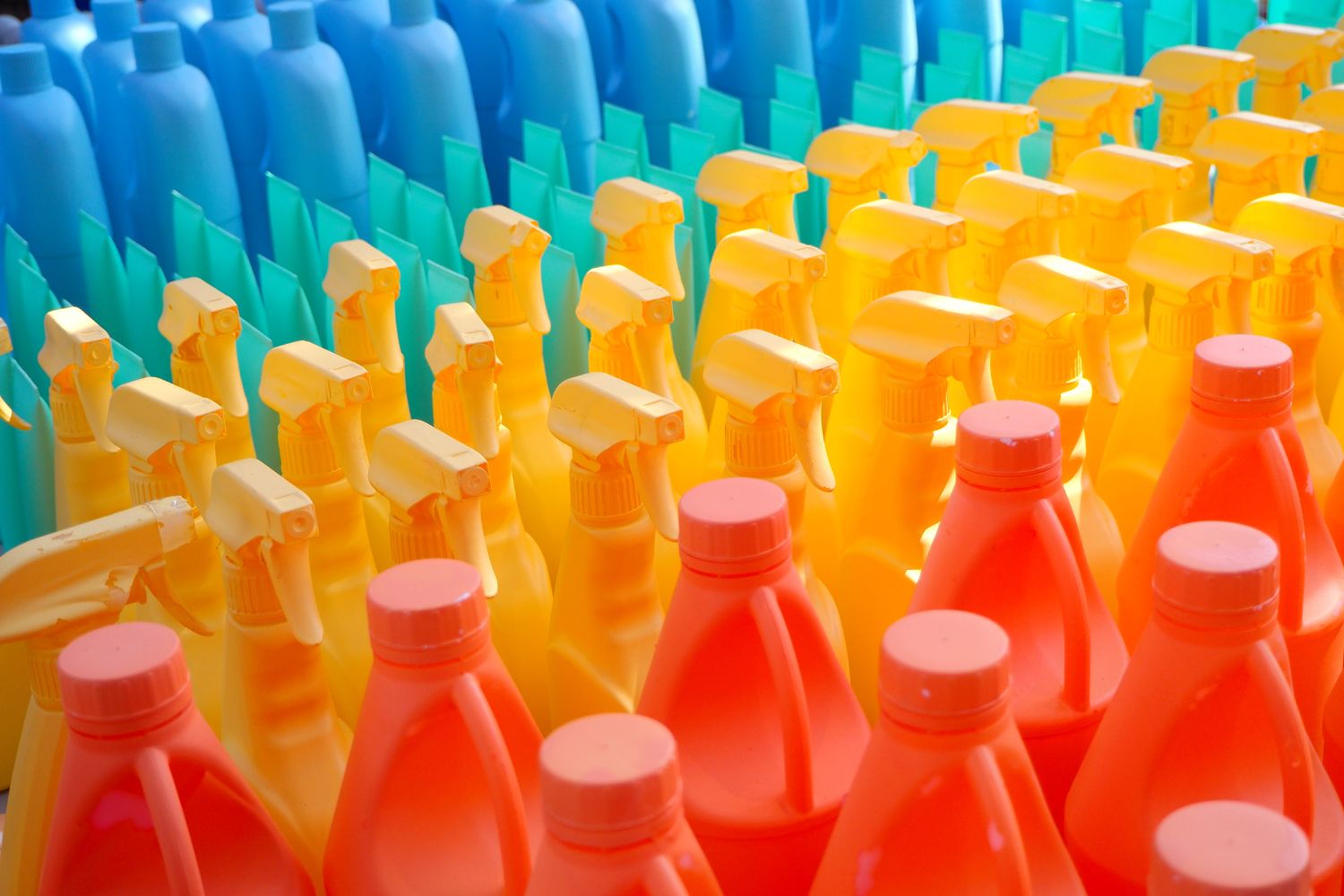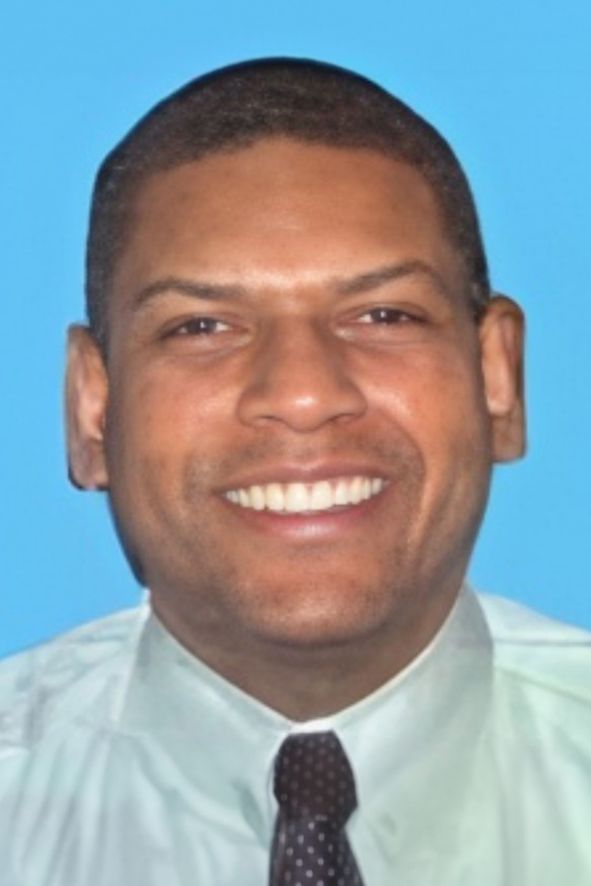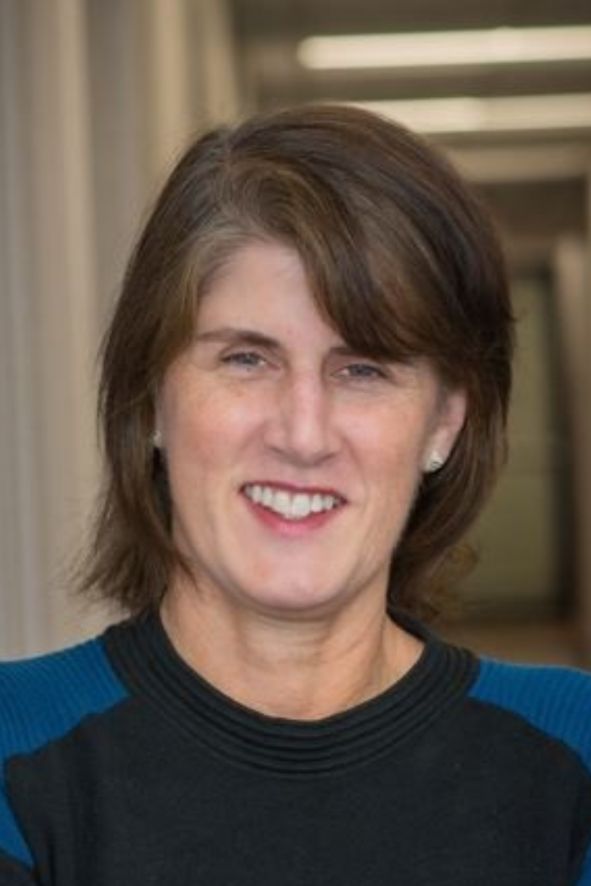Driving Change: Exploring the Impact of RLG’s Deposit Return System Pilot in Serbia
- 14. November 2023
- Blog
In October 2022, our project for an innovative deposit return system (DRS) based on marking products with unique coding turned into a live pilot system with 20 collection devices (Handhelds, RVMs, E‑bins) in 12 locations across Zrenjanin, Serbia. The pilot is currently in the final stage and has greatly impacted the local area, driving behavioral change among citizens. The results of this project will be used in the establishment of Serbia’s first country-wide deposit system, which will be established by 2027. This project achieves transparency in tracking product quantities and efficiency in collecting pure materials for closed-loop recycling, including detailed information on quantities, materials, and specific brands of packaging counted at each collection point before transportation to recycling centers. RLG’s IT software provides valuable data on quantities, materials, and brands. This contribution enhances system security and signifies a breakthrough to a higher level of efficiency in recycling operations, which is of great importance as Serbia moves toward adopting a national DRS system.
RLG INSIDER: The project involves various partners, including Ball Packaging Europe, SEKOPAK, Solagro, and others. How does collaboration with these partners enhance the effectiveness of the smart recycling system?
JELENA: These partners all collaborate with a local startup called Solagro, which is supported by RLG’s IT expertise, sensors, and funding from GIZ’s developPPP program. The project is facilitated by the National Alliance for Local Economic Development, with support from NGO Every Can Counts for promotion and events. The recycling kiosks and devices are in public locations around Zrenjanin and in Mercator stores, a local retailer, and a Fortenova group member. Our team of partners all have a clear vision to increase the awareness of the citizens on environmental protection and the positive impact of using the deposit refund system, and I am glad to be part of that.
RLG INSIDER: What are the most important assumptions of this project? The project uses serialization to track packaging. How does the technology contribute to the success of the recycling system?
JELENA: We wanted to test this system by giving users a choice between three devices: Reverse Vending Machine (RVM), Ebin, and mobile handheld scanners. The first option, the RVM, is capable of handling large volumes of packaging and integrates a sorting mechanism and LED-equipped Ring reading unit for efficient scanning. The second option, Ebin, is a smaller device with fewer scanners and requires the user to follow on-screen instructions. The final option, handheld scanners, which are operated in a staffed kiosk, come in wired and mobile versions, enhancing flexibility. All devices generate codes post-transaction to boost user rewards, promoting system engagement and success.
RLG INSIDER: How is this Smart DRS method done practically?
JELENA: The Smart DRS method involves two key stages: initial code activation and subsequent validation at collection points. Codes are activated manually at Mercator store locations before products hit the shelves. Staff sequentially scan each product’s Data Matrix and embedded barcode. The data is then uploaded to the RLG database for recognition upon packaging return. This entire process will be automated, which will encourage widespread use by the public.
RLG INSIDER: Did you face any challenges during the project?
JELENA: Yes, the manual activation process posed a setback because we had to rely on a few human factors. While tracking is an automated process, the labels had to be manually applied, which impacted system automatization. To overcome this, RLG proposed an automated unique code application device during production. Integration challenges also came about due to limitations in aligning with the retailer’s system, as labels are currently activated once the products are commissioned for sale and not when sold.
RLG INSIDER: The project has undergone significant development since its inception. Could you walk us through the key milestones and stages of the project’s evolution?
JELENA: The project began with a concept design nine years ago, followed by prototype realization in 2015 and the Ibiza Project, which provided proof of concept in 2020. Testing started in Serbia in 2022, encompassing system implementation, marketing, and continuous analysis. The Partner’s Workshop in March 2023 also played a pivotal role, preceding the Business Case guide creation. The project’s evaluation phase is currently still ongoing, leading to the closing event in Serbia, which will be on November 15th, when we will present our closing recommendations for the project, future, and lessons learned.
RLG INSIDER: The project leverages unique coding for packaging tracking. How does this technology work, and how does it contribute to the success of the recycling system?
JELENA: The Smart DRS concept tracks packaging from labeling to collection point scanning. RLG’s solution combines Data Matrix codes and security markings, ensuring transparent tracking and fraud prevention. This approach, though not yet nationally implemented, aligns with other industries’ tracking methods and sets high standards for DRS innovation. The pilot project is a symbolic but major step towards the implementation of the countrywide rollout of DRS not only for Serbia but neighboring countries as well, and RLG, as the experienced operator and technology provider, looks forward to offering the know-how.
RLG INSIDER: The pilot project collects various data on packaging recycling. How will this data be used in the future?
JELENA: External subcontractors are preparing a business case study, analyzing user experiences. Stakeholders aim to create a white paper outlining project outcomes. These results will guide discussions with government bodies, shaping attitudes toward suitable deposit systems tailored to the country. By offering RLG solutions and high-end technologies, we are confident in solving one of Serbia’s biggest issues when it comes to ecology, and that is the lack of proper management of recyclable waste and pollution. The project has also already provided significant job opportunities for the community, especially for the young generation, and I believe that it will bring many more.
RLG INSIDER: What results have you observed so far regarding packaging waste collection and citizen engagement?
JELENA: The project established 12 Points of Collection (POC) across Zrenjanin, encouraging citizen engagement through awareness campaigns, branding, and events. The Solagro application recorded 584 users in just the first nine months, with a diverse user base showing that the community is interested. Digital barriers were overcome with human interaction at collection points, which further helped with citizen engagement and understanding.
RLG INSIDER: What are the next steps in the project’s roadmap? Are there plans to expand the smart urban packaging waste collection system beyond the pilot phase?
JELENA: The project will finish on November 30th, 2023. While some partners complete their participation, the future of the reward system in Serbia remains under consideration. The existing infrastructure may continue, emphasizing collaboration to achieve national waste management goals.
RLG INSIDER: How does the project align with Serbia’s broader environmental and sustainability goals, and what do you envision for the future of recycling in the country?
JELENA: Serbia shows dedication to waste management, with plans for its own national deposit return system in the near future. Stakeholders will continue exploring options, focusing on citizen habit changes alongside deposit introduction. Our project paves the way for sustainable recycling practices, anticipating broader adoption in various contexts.
RLG INSIDER: What challenges have we encountered in implementing this pilot system in Serbia, and what measures have we taken to overcome them?
JELENA: Challenges included technology integration, communication with local authorities, and hardware logistics. Our dedicated project team resolved issues collaboratively, ensuring successful hardware implementation and overcoming obstacles through persistence and teamwork.
RLG INSIDER: Can you describe your role in the project?
JELENA: As the project manager, my role involved stakeholder engagement, understanding their requirements, and integrating them into the IT system. I contributed to the project’s vision, creating supporting documentation and tailored reports. I look forward to sharing insights and data once the piloting concludes.
RLG INSIDER: Thank you very much for this interview.
